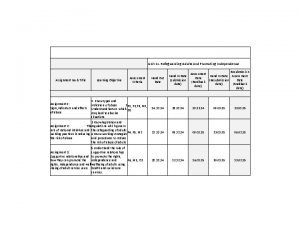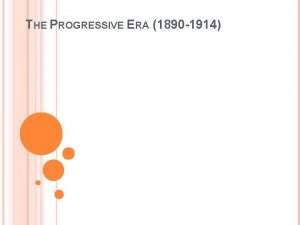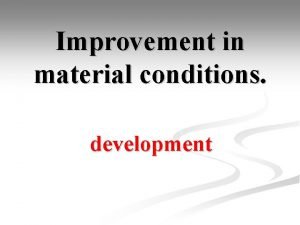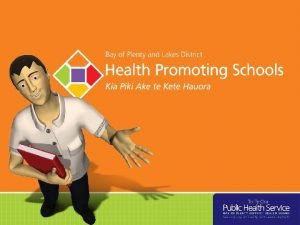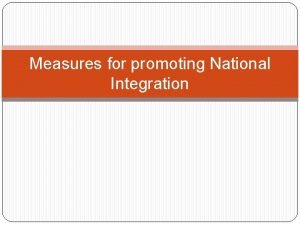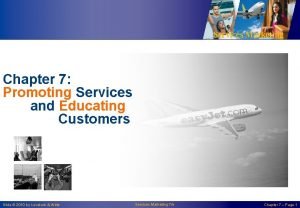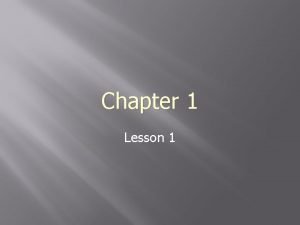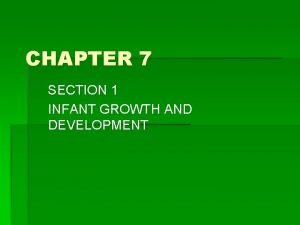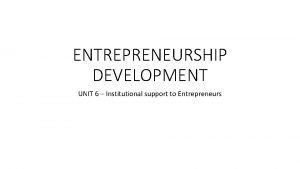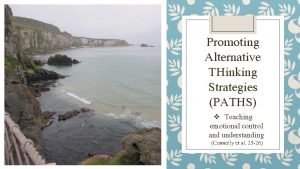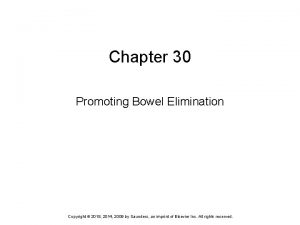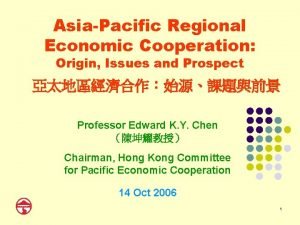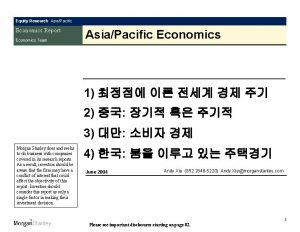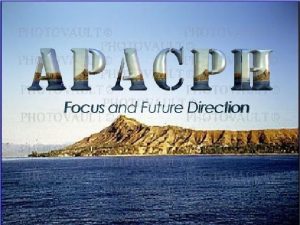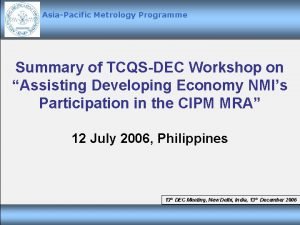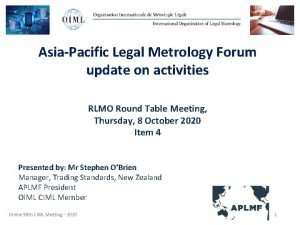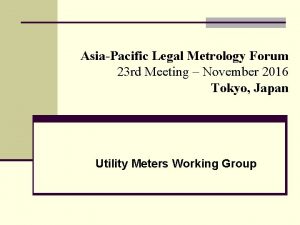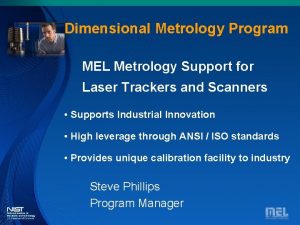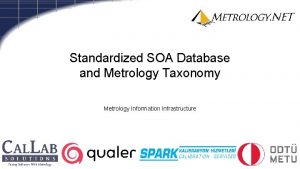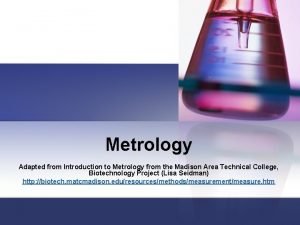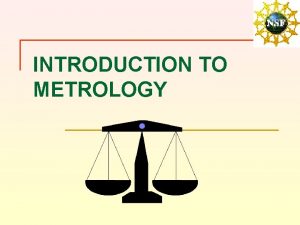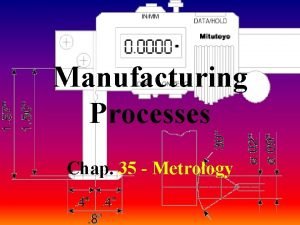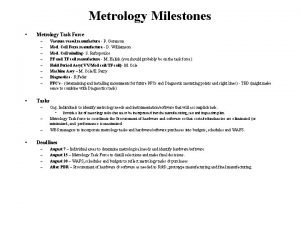PROMOTING REGIONAL COOPERATION IN METROLOGY IN THE ASIAPACIFIC
















- Slides: 16

PROMOTING REGIONAL COOPERATION IN METROLOGY IN THE ASIA-PACIFIC REGION MEDEA 2 – Metrology – Enabling Developing Economies in Asia 7 th of November 2018, Christchurch, New Zealand Dr. Sabine Greiner

KEY DATA • Project Period: May 2018 – April 2021 • Budget: 1. 3 Mio. EUR • Funding: Federal Ministry for Economic Cooperation and Development • Implementation: PTB, Germany • Partners: APMP & APLMF • Target Group: NMIs and LMAs of the Developing Economies in the Asia-Pacific

BENEFICIARY ECONOMIES Developing Economies of the Asia-Pacific Region More than 20 Economies Overlap with other regional PTB projects: SAARC: Pakistan, India, Bangladesh, Nepal, Sri Lanka, Buthan, Maldives ASEAN: Thailand, Viet Nam, Cambodia, Myanmar, Indonesia, Laos, Philippines

BENEFICIARY ECONOMIES Developing Economies of the Asia-Pacific Region More than 20 Economies Overlap with other regional PTB projects: SAARC: Pakistan, India, Bangladesh, Nepal, Sri Lanka, Buthan, Maldives ASEAN: Thailand, Viet Nam, Cambodia, Myanmar, Indonesia, Laos, Philippines Bilateral projects:

FRAMEWORK + BACKGROUND • Large heterogeneity in the Asia-Pacific Region • In many economies QI does not meet international requirements hindering competitiveness • NMIs can not meet the requirements of the clients • Competitiveness of the SMEs to enter international markets is reduced • APMP and APLMF play critical role in setting-up metrology in DEs

THE THREE INTERVENTION AREAS Sustainability Concepts Regional Cooperation CABUREK Regional Trainers Technical Trainings Legal & Industrial Metrology

SUSTAINABILITY • APLMF Working Groups & APMP Focus Groups • Development of an Online Library / E-learning courses (APLMF) • Knowledge Management System (Joint) • Writing of case studies (Joint)

REGIONAL COOPERATION • Pool of Trainers and harmonized Training Modules • Implementation of the CABUREK Tool CABUREK = Capacity Building Using Regional Experience and Knowledge

CABUREK All started 2009 with the idea to increase the impact of the NMI through the promotion of better relationship between the NMI and the metrology users: • Make better use of existing services and competence • Strengthen demand user orientation of NMI • Regional exchange on experiences and best practices

CABUREK – THE STRUCTURE The CABUREK Project Technical Committee WG: Awareness for Metrology NMI/LMA 1 NMI/LMA 2 NMI/LMA 3 … 10 participants WG: Needs Assessment for Development of new service NMI/LMA A NMI/LMA B NMI/LMA C … 14 participants … WG: Market Surveillance NMI/LMA III … 6 participants

CABUREK – THE TECHNICAL COMMITTEE • to plan, organize and cordinate the programme as a whole • to steer the course of action of the Working Groups • to prepare, coordinate and evaluate the work carried out in the Workshops • to provide inputs for strengthening the participants hard and soft skills • to follow up on the national projects • To offer permanent support and tutoring

CABUREK – THE PHASES Nov 18 Sept 18 Jan 19 Opening Workshop Thailand TC (1 day) 2019 Mar 19 Follow-up Workshop Sri Lanka 2020 Sept 19 Follow-up Workshop Apr 20 Follow-up Workshop with participants 3 days Nov 20 Follow-up Workshop TC (0, 5 day)

CABUREK – THE RESULTS AND IMPACTS NMI development Developed capacities: ÞPlan and carry out demand analysis ÞDevelop/enhance relations ÞDevelop/enhance services New/better services for and new/better relations with metrology users Enhanced visibility and recognition Improved strategic orientation, improved priorisation Impacts for metrology users General Industry Education Regulation Better access to services like calibration, proficiency tests, training Improved production processes, enhanced competitiveness, increased exportation Improved metrology in engineering studies, better trained high school teachers Improved regulation, consumer protection, and SI Units implementation

CABUREK – THE RESULTS AND IMPACTS Individual capacity and personality development Systematic project management, survey techniques, develop alliances, etc. Communication, collaboration, presentations, management of meetings, etc. Working style, systemic thinking, motivation, self -confidence. Network between participants Exchange of experiences, generation of new ideas, approaches, material, etc. Source of motivation Opportunity to tap resources of other participants Broader view on metrology

TECHNICAL TRAININGS (APLMF) • Verification of Non-automatic Weighing Instruments (May 2018) • Verification of Rice Moisture Meters (Dec. 2018) • Software verification for Measuring Instruments • Type approval & Verification of Utility Meters • Training Course on belt weight instruments • Development of guidelines

Questions?
 Unit 11 safeguarding adults and promoting independence
Unit 11 safeguarding adults and promoting independence Promoting moral improvement
Promoting moral improvement Deontological moral theories
Deontological moral theories Do. 27 s. 2015 promoting family earthquake preparedness
Do. 27 s. 2015 promoting family earthquake preparedness Japan's principal asset for promoting development was
Japan's principal asset for promoting development was Health promoting schools model
Health promoting schools model Methods of promoting intrapreneurship leaving cert
Methods of promoting intrapreneurship leaving cert Promoting national integration
Promoting national integration Promoting services and educating customers
Promoting services and educating customers Chapter 7 promoting health and wellness
Chapter 7 promoting health and wellness Health and wellness vocabulary
Health and wellness vocabulary Chapter 1 understanding health and wellness lesson 4
Chapter 1 understanding health and wellness lesson 4 Active participation strategies
Active participation strategies Keeping an infant safe and well section 7-3
Keeping an infant safe and well section 7-3 Institutional support for new ventures
Institutional support for new ventures Promoting alternative thinking strategies
Promoting alternative thinking strategies Promoting bowel elimination
Promoting bowel elimination
